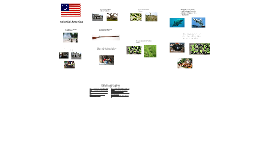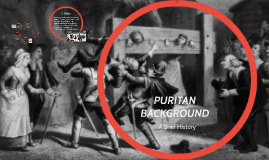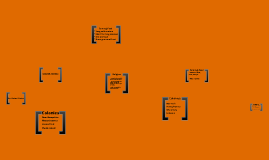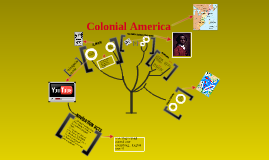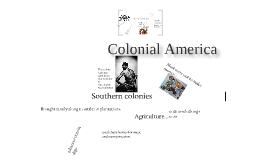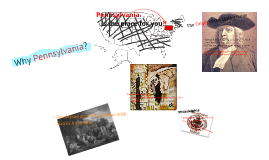Colonial America Presentation
Transcript: Opportunity in Colonial America By Cam, Grant, Evan, and Sylvie Thesis: Opportunity in Colonial America is based on race, wealth, gender, and religion. Race Topic Black People Black - Rose Davis is Sentenced to a Life of Slavery 1715 - Rose Davis was born from an indentured white woman and a black man in 1946. - In 1715 Rose requested to be free but was instead sentenced to life of slavery. This type of treatment was the same around all black people. Their opportunities were not respected. White People White Song is written from the perspective of a young girl who is sent to Virginia against her will, where she faced a life of hunger and never ending work around 1689-1703 This document aims to show how life in Early America was tough and opportunities were few and far between no matter the race. It provides contrast to the idea that New England was a place of opportunity, showing that for some, New England was a place of great danger and suffering. Early Colonists did not enjoy many pleasures- the woman states in the song that she would gladly return to England. Some people living in New England weren’t necessarily free from the brutal class structures of England and Europe. Very little prosperity in Early America Native People Native Alibamo Mingo 1765 in the Americas Alibamo was Choctaw leader Created to share Native experience of the French losing to the British and leaving the Americas. Shows how the Natives were allies with the French and when they lost to the British the Natives were not happy. The Natives thought the British had no respect or wisdom in their government. The Author is the leader of the Choctaw tribe so he is biased to the Native opinion. He also focused on the good of the French and bad parts of the British. Likes the French because they had a good trade dynamic. Wealth: A person's wealth, especially inherited money, greatly impacted their opportunities in colonial America. Topic Eliza Lucas Eliza Lucas lived in South Carolina in the 1740. She became very wealthy through managing several plantations. Through this money she was able to enjoy many things. "My Papa... leaves it to me to choose our place of residence", "I have a little library...and the garden, which I am very fond of." Topic Eliza grew up in a wealthy family and received formal schooling in London before moving to South Carolina. The plantations she managed were inherited by her family. Eliza's inherited wealth gave her greater opportunity to make money and live comfortably in America. Topic Puritan Economics Wealth greatly impacted a person's opportunities, and Puritan New England did not make it easy to make money. "Puritan Economics", written by John Winthrop, details the case of Robert Keayne, who was tried for selling goods at a higher than legal price. Topic Puritan New England did not believe prices should fluctuate freely with Supply and Demand, and place heavy restrictions on trade. Gender Topic In 17th century colonial America, it wasn’t new for women to have one purpose and one purpose only. That purpose being to care for the added generation of their bloodline. Women were more or less treated like objects; a thing that just popped out a baby and did everything to raise the kid. Had an important role but rights were extremely little. Women’s rights decreased according to their ethnicity. Their rights also decreased according to their husband’s wealth or family wealth before getting married. In Samuel Sewall's diary he would document the times he spent during the Salem witch trials.Throughout Sam's diary he would record all of the people who had been accused of witchcraft and all of the times they had meetings regarding anything close to witchcraft. Majority of the people accused of witchcraft were women but there were some men accused of this act. People would try remedies to heal the ones who were in danger of being possessed into a witch. These documents from Samuel's diary would correlate with many other resources regarding gender and status because “weaker” or “different” parties would be blamed for what's wrong in the world, ending up with these groups of people walking on eggshells around the higher parties who are deciding whether or not these people have actually done anything wrong. Most of the women that were indentured servants would work in the upper class English man’s household, they would get sexually assaulted and if they got pregnant they would be forced to stay another year because of the “lost time” due to pregnancy and childbirth. Religion A persons religion affected the way they lived in colonial America. Topic Non-Christian Topic Jonathan Edwards Revives Enfield, Connecticut, 1741: The sermon explains how converting to christinaity will better not only other’s lives but also the world’s figuration to be able to roll into their idea of Manifest Destiny (at that time Manifest destiny wasn’t a thing, Manifest destiny didn’t happen until a century later)The sermon then goes on to question why






